Inert fillers
Limestone powder ( Calcium carbonate )
Cement Production
Calcium is a key ingredient in cement manufacturing. It is primarily used as a raw material in the production of Portland cement, which is the most common type of cement used in construction.
Calcium provides the necessary calcium oxide (lime) component, which reacts with other materials like silica and alumina to form compounds that contribute to the strength and durability of the cement.
Concrete Production
Calcium is also used in the production of concrete. It is added to the concrete mixture as a filler material and to improve various properties. Calcium helps enhance the workability of the concrete, making it easier to pour, shape, and finish. It also contributes to the overall strength and durability of the concrete by reacting with the hydration products and forming additional compounds.
Stabilization and Soil Remediation
Calcium is used for soil stabilization and remediation in projects. It can be added to soils with high acidity or low pH levels to neutralize the soil and improve its engineering properties.
Calcium helps reduce the plasticity of clay soils, improve their load-bearing capacity, and reduce the potential for swelling or shrinkage.
Asphalt and Road Construction
Calcium is used in the production of asphalt and in road construction. It is added to asphalt mixes to improve the mechanical properties and performance of asphalt pavements. Calcium helps enhance the stability, durability, and resistance to deformation of the asphalt mixture, resulting in longer-lasting and more reliable roads.
Flooring and Tiles:
Calcium is used in the production of flooring materials, such as vinyl tiles, laminates, and linoleum. It acts as a filler material, providing bulk and stability to the flooring products. Calcium also contributes to the wear resistance and durability of the flooring materials, ensuring they can withstand heavy foot traffic and daily use.
Paints and Coatings:
Calcium is used in paints and coatings for construct applications. It serves as an extender pigment, helping to improve the coverage, opacity, and rheological properties of the paint. Calcium also contributes to the overall durability, adhesion, and weather resistance of the coatings, making them suitable for exterior applications.
Adhesives and Sealants:
Calcium is utilized in the production of adhesives and sealants used in construction. It helps improve the thixotropic properties, viscosity, and bonding strength of these materials. Calcium also enhances the stability and durability of adhesives and sealants, ensuring long-term performance in various construction applications.
Fireproofing
Calcium is used in fireproofing applications. It can be incorporated into fire-resistant coatings and materials to improve their fire resistance and thermal performance.
Calcium acts as a flame retardant, reducing the flammability and slowing down the spread of fire in construction elements and structures.
The specific grade and particle size of calcium used in the construction industry can vary depending on the specific application and desired properties. Manufacturers carefully select the appropriate calcium grade to achieve the desired effects on strength, durability, workability, and other performance parameters.
Overall, calcium plays a crucial role in the construction industry, providing benefits such as cement and concrete production, soil stabilization, asphalt and road construction, flooring and tiles, paints and coatings, adhesives and sealants, fireproofing, and more. Its versatile properties make it a valuable additive and component, contributing to the quality, durability, and performance of various construction materials and processes.
Product
- CA 25
- CA 35
- CA 45
- CA 55
- CA 70

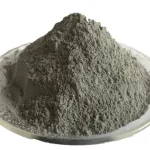



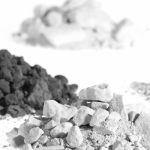




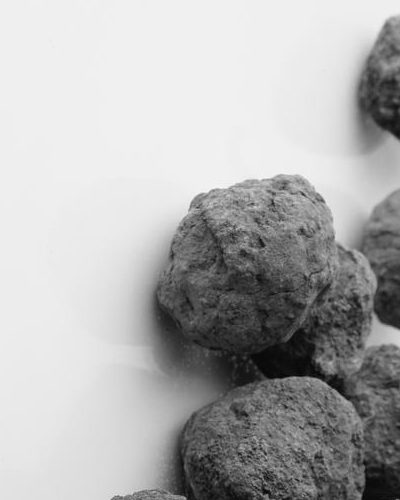
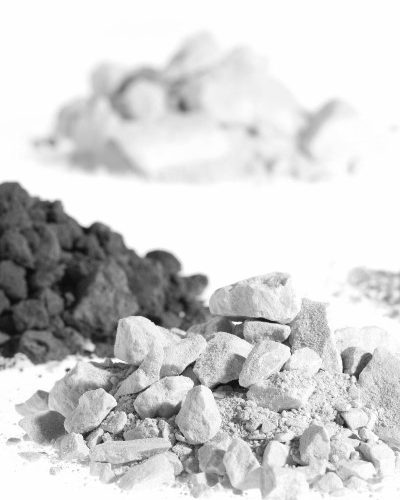

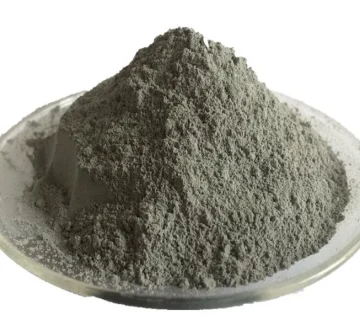
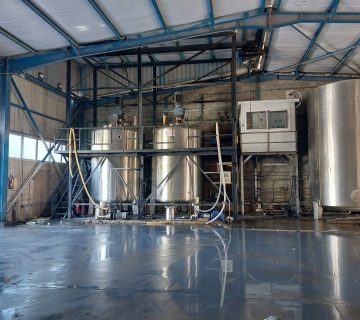
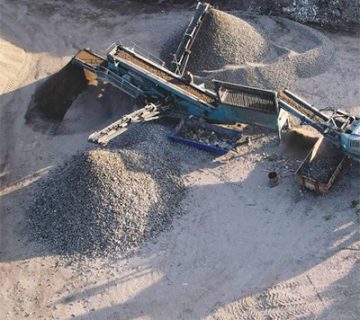
No comment